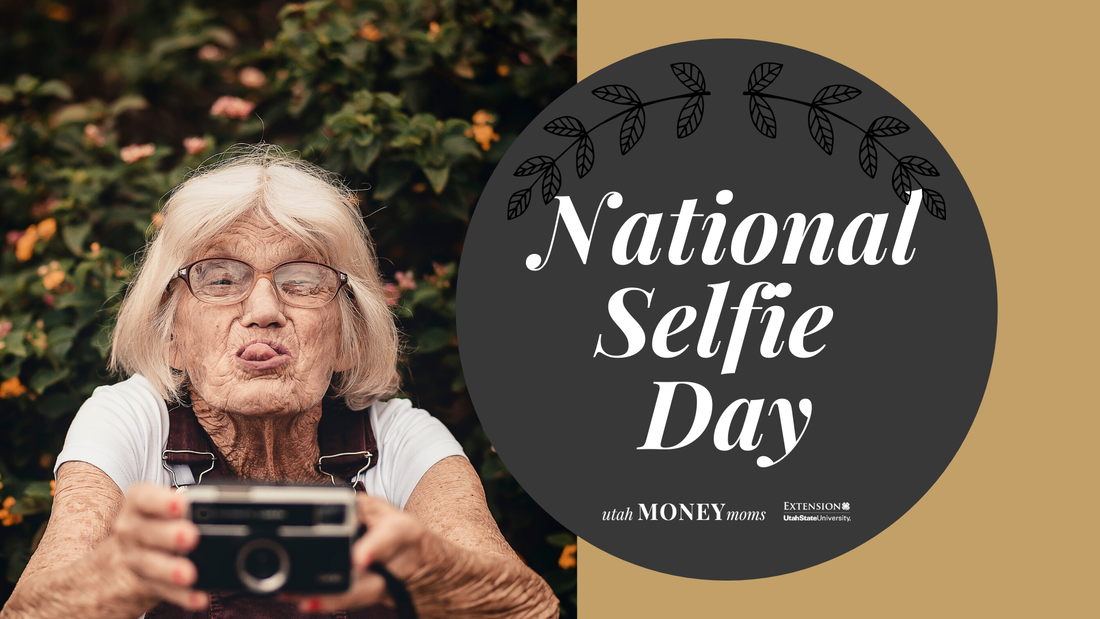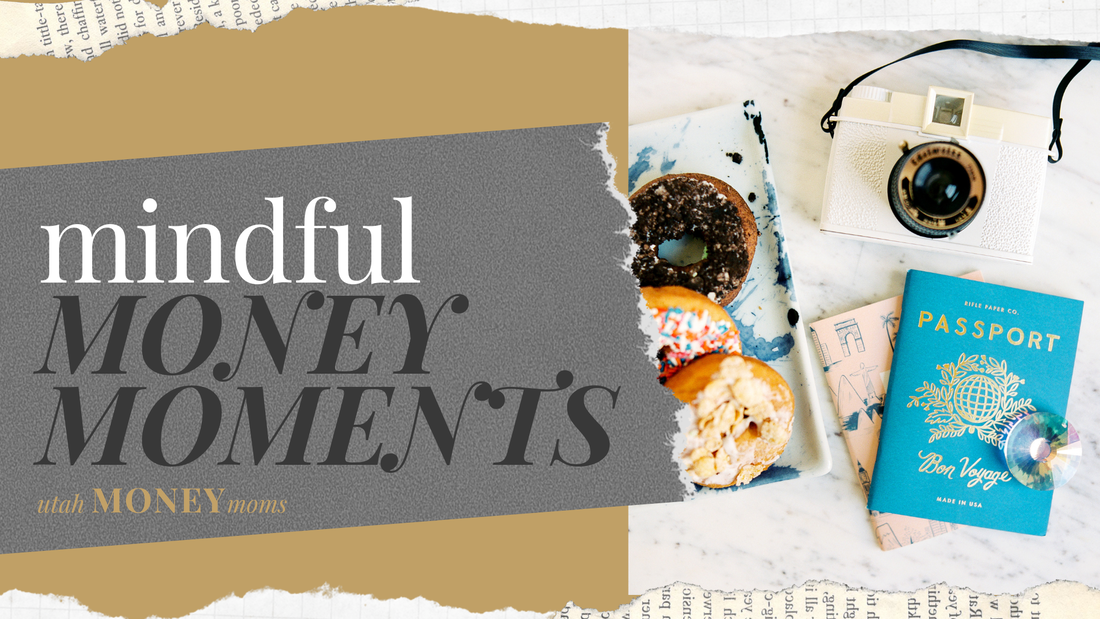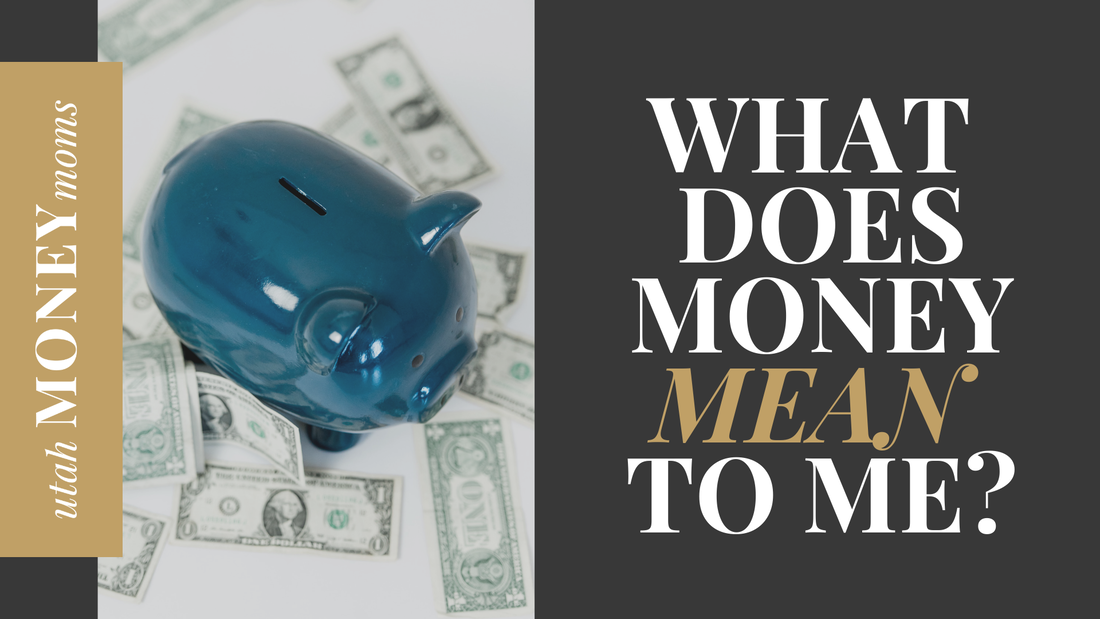|
Jerevie Canlas, Ph.D., CFLE Empowering Financial Wellness Program Coordinator  Wait! Don’t go checking your bank account just yet. I’m not asking you to check your monthly statements - that’s not what I mean by “money history.” What I’m trying to get at is your history with money - your formative experiences regarding finances. We’re not necessarily talking about whether you grew up rich or poor, but the meanings you created and associated with money.
0 Comments
GUEST CONTRIBUTOR: KRISTILYN WILKINSON, USU ADJUNCT INSTRUCTOR  Happy National Selfie Day! Yes, this is a real thing, and yes, we want to celebrate it! A quick google search will let you know that on this day you should take a selfie and post it on social media to celebrate you. Doesn’t celebrating you give you the perfect excuse to treat yourself? Yes, yes it does! But treat yourself to what? “Treat yourself” is a common phrase we hear in society today, and it is usually associated with the idea that you spend some time treating yourself to life’s little luxuries. You know the ones I’m talking about, a pedicure, a night out with the girls (before Covid-19), etc. Of course, the next question that naturally follows is where do I get the money to treat myself on these little luxuries? GUEST BLOGGER: ELIZABETH VANCE  I don’t imagine many couples get excited to talk about finances. In fact, we’ve all heard that financial disagreements are often a large contributing factor to conflicts in marriage. Whether it’s easy for you or not, financial conversations are a must in healthy relationships! Hopefully these few tips can make the process less daunting and more rewarding! GUEST BLOGGER: EMMA PARKHURST  One of my favorite things about summer is that it’s officially yard sale season. There’s nothing quite like organizing and tossing long forgotten items to make one wonder, “why do I have so much stuff”, or “why did I even buy this in the first place??” Applying principles of mindfulness to spending can help to avoid these common thoughts, and as an added bonus, can help us feel goodabout purchases. But first, what is mindfulness? GUEST BLOGGER: ELIZABETH DAVIS  Money is a necessary part of each of our lives. A great deal of time and energy goes to earning it, budgeting it, stressing over it, spending it, and hopefully some time managing it. One day last fall I attended a conference about relationships and during the course of the conference met a lovely woman, Syble Solomon, who was promoting a Money Habitudes card game. This intrigued me so I asked to learn more. We had an enjoyable conversation and I learned that each of us have our own money habits and attitudes that determine our money decisions. The Money Habitudes card game is a simple activity that helps individuals determine what money means to them. Does it represent security, status, selflessness, spontaneity, planning, etc.? It was an enlightening activity that I enjoyed so much, I purchased several decks of her cards and took them to a family reunion for my siblings and their spouses to play. It was interesting to observe the light bulbs that went on... |
TAKE A FREE CLASS!Host a ClassamandaSharing real-life money smarts to help you stay on track with financial goals while still enjoying life! Follow the fun on InstagramAS SEEN ONawardsBest of State 2022 & 2023: Personal Finance Education
1st Place National Award in Social Media Education from the National Extension Association of Family and Consumer Sciences
Gold Award in Blog Site category at the 7th annual Education Digital Marketing Awards.
Platinum Award in Digital Media, Web Design category at the International Marketing and Communication Awards.
Categories
All
|












